
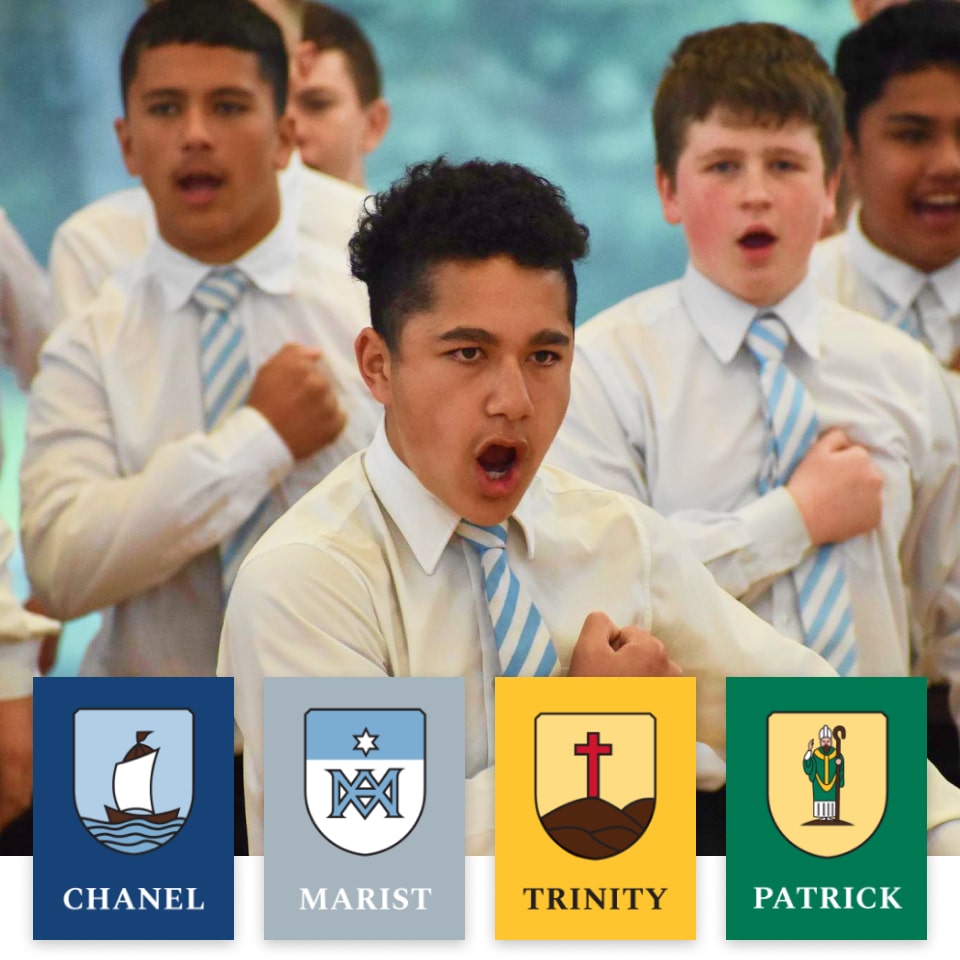
Nau mai, haere mai
Sectare Fidem - hold fast to your faith
St Patrick's College, Silverstream is a boys' school of excellence, with a school roll of 720 students and boarding facilities for 110 students. Founded on Catholic and Marist values and traditions, the college aims to cultivate knowledge, skills, attitudes, and values that empower students to become compassionate, just, and successful citizens.
Enrolments for Year 9 2025 open after our Open Day on 22 May

International Students
Embark on an exciting journey of education and personal growth with us.
St Patrick's College Silverstream provides quality education, excellent pastoral care, and fosters a sense of brotherhood encouraging the development of lifelong friendships. Our preferred onsite student accommodation provides a happy, safe, and structured environment that feels like a home away from home.

Boarding in Redwood House
Fostering character development and lifelong friendships
Redwood House is more than a physical space. It is a safe and inclusive environment where lifelong friendships are born, and a solid work ethic is nurtured. With an emphasis on academic achievement, teamwork is fostered and leadership promoted.

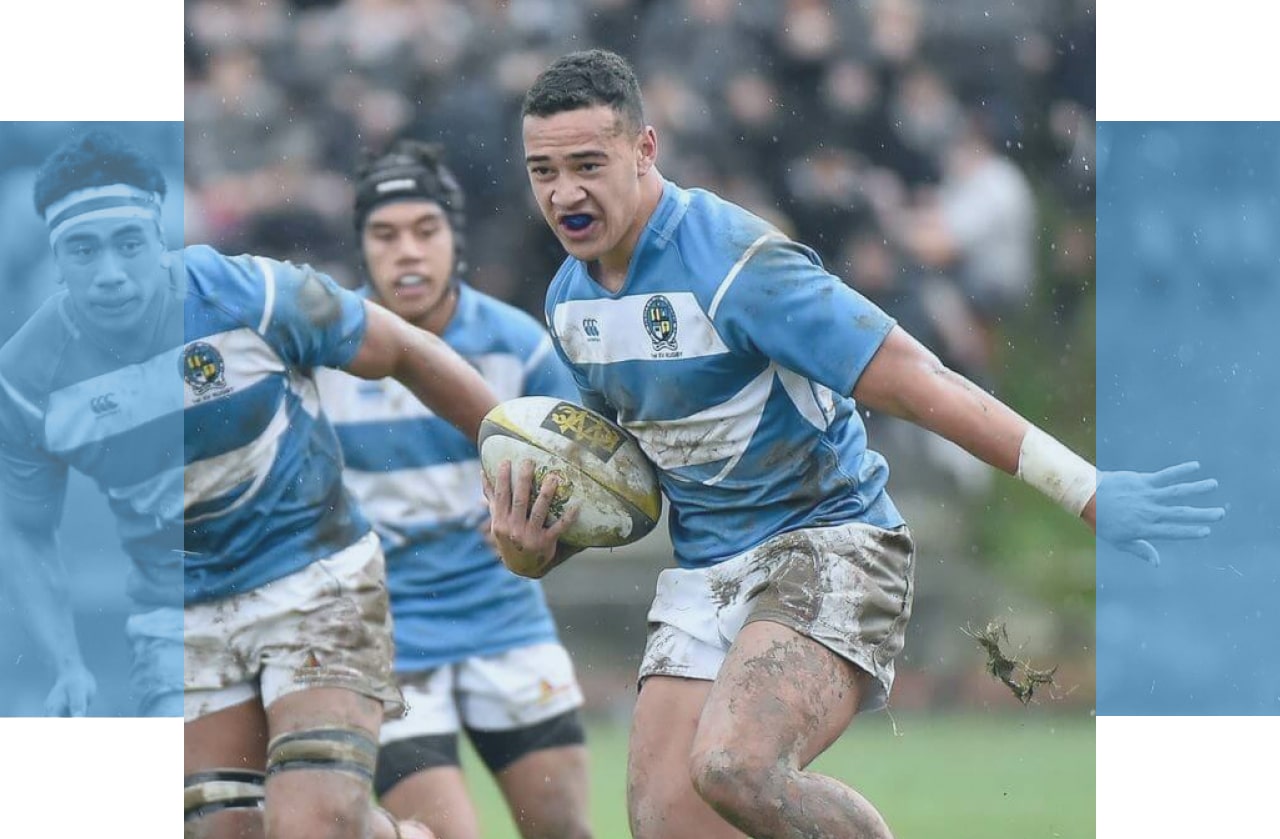
Sport
Represent with pride all "Streamers past and present"
The team comes first. Hard but fair play at all times. Every team has a purpose. Success is measured by the use we make of our God-given talents. Our Catholic faith, lived in a Marist way, is core to our goals. Respect is given to coaches, managers and ground staff.
Book a Visit
Come and see for yourself why our students thrive.
We are committed to empowering young men to become compassionate, just, and successful citizens.

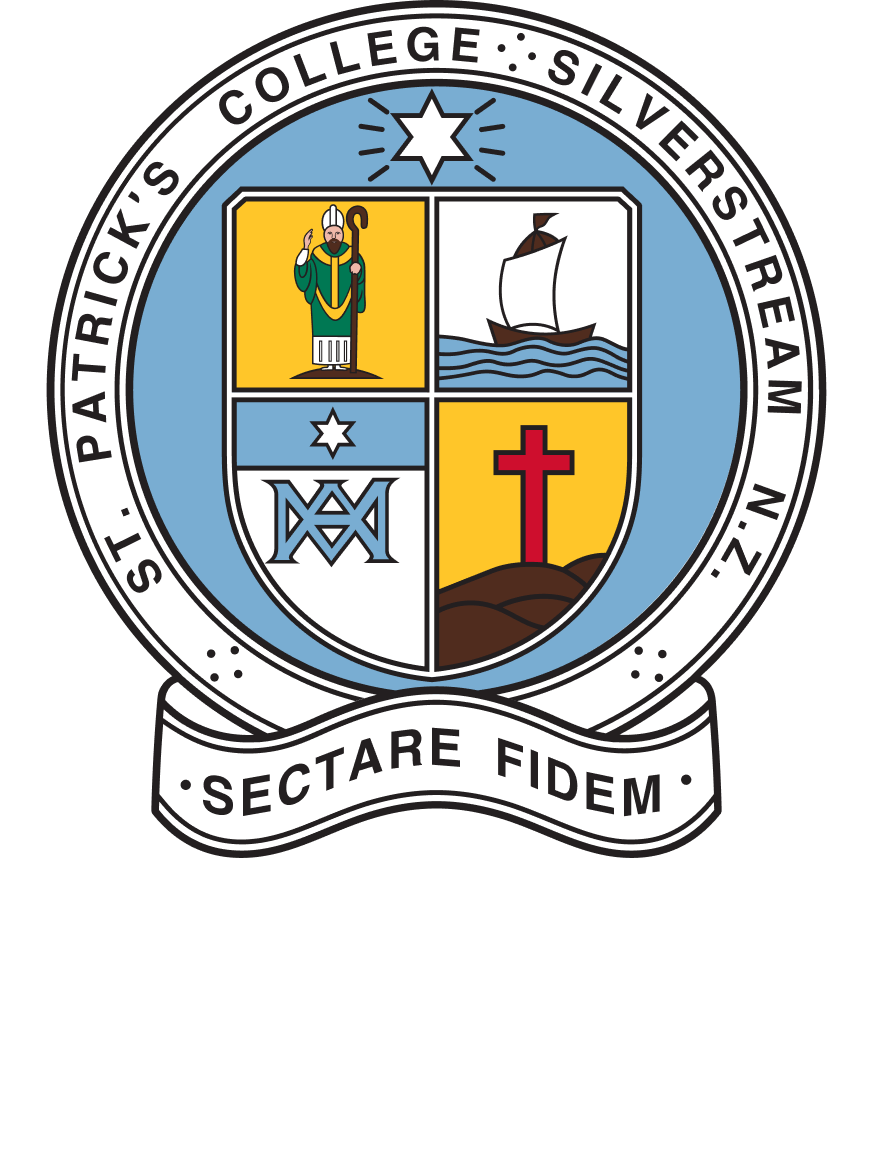
Visit
207 Fergusson Drive
Silverstream, Upper Hutt 5018
Wellington
New Zealand
Whakapono
Faith
Fa'atuatua
Kotahitanga
Unity
Tu Fa'atasi
Manaakitanga
Support
Lagolago
Hautoa
Courage
Loto Tele
Ngākau Pāpaku
Humility
Loto Maualalo
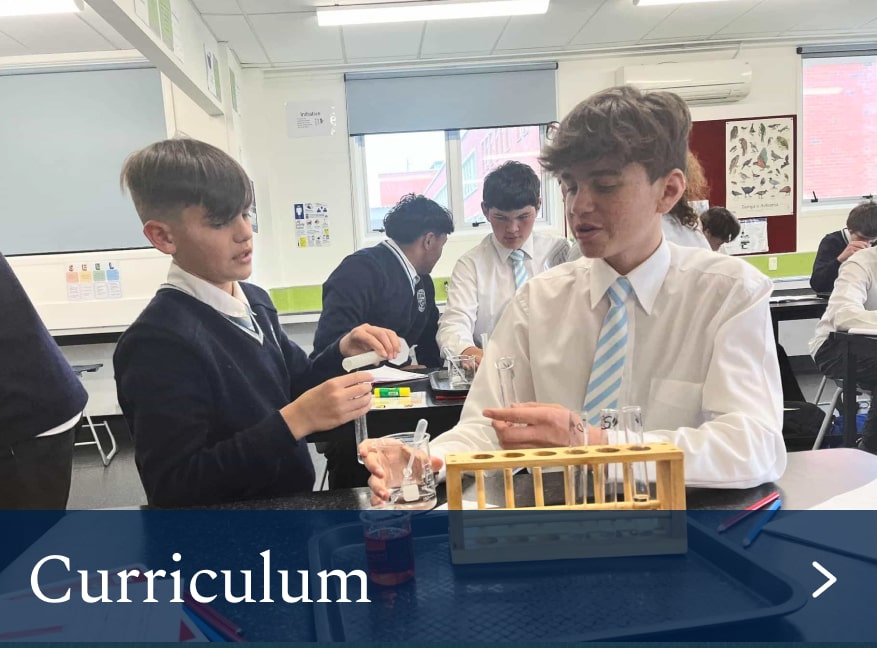
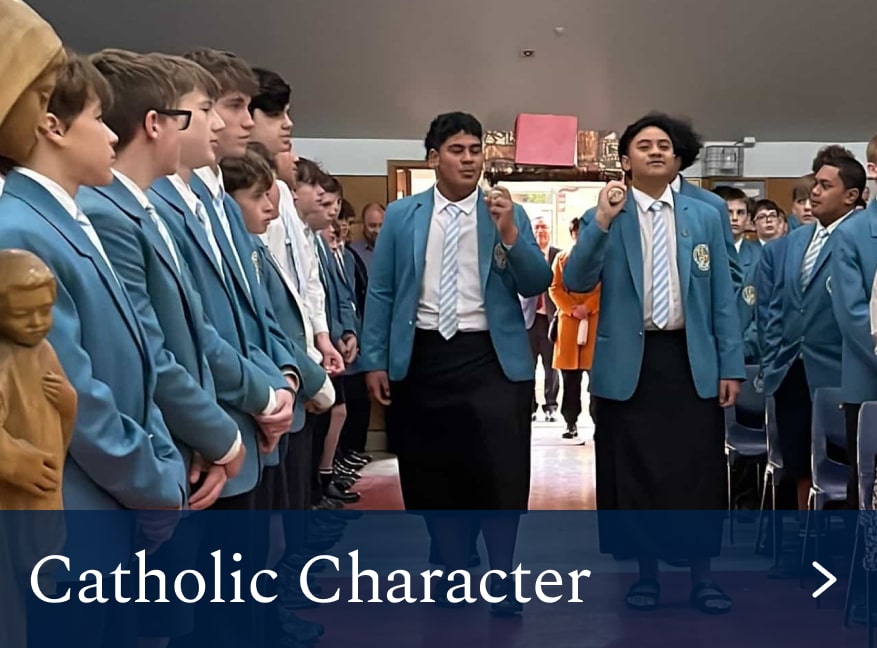
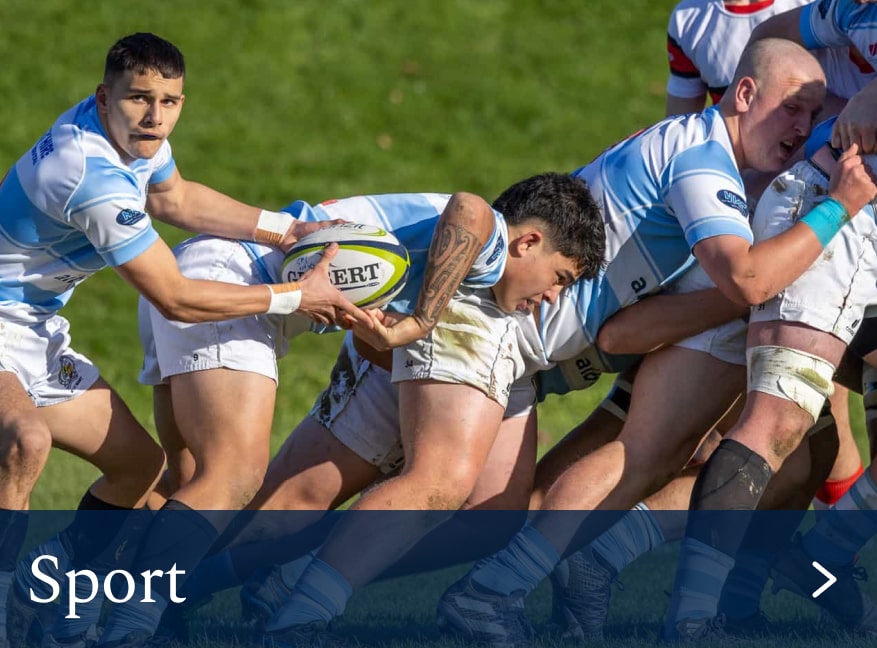
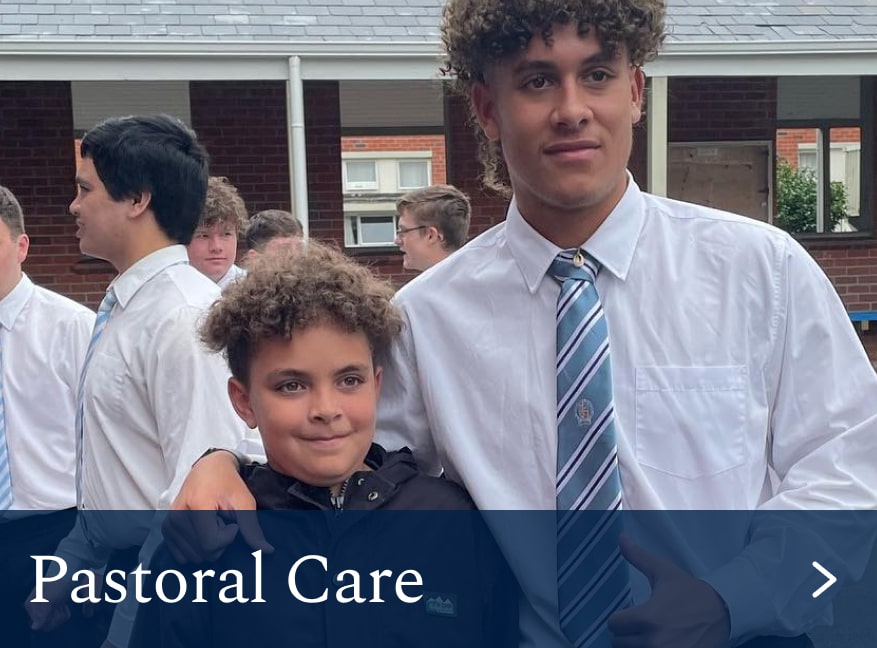
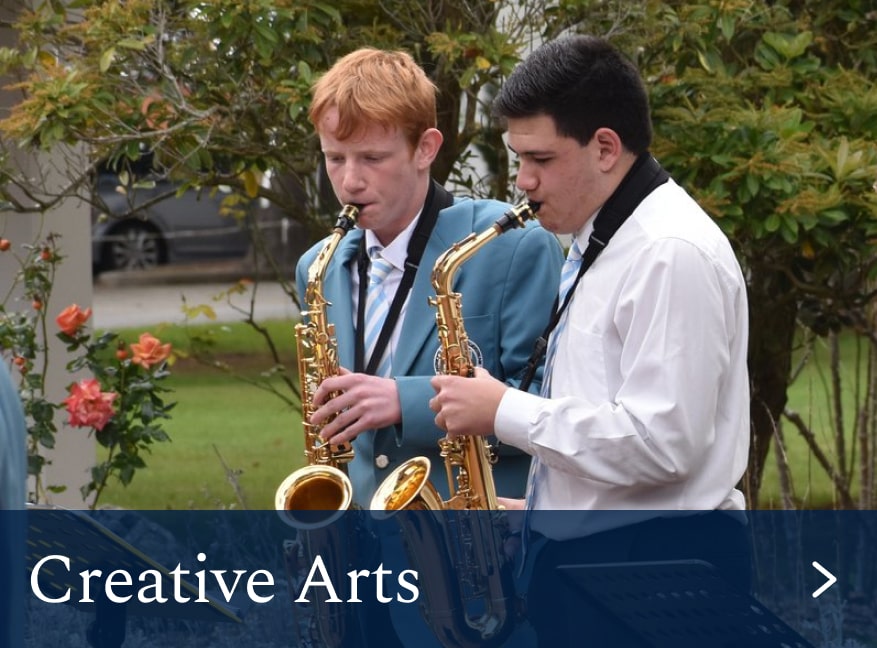
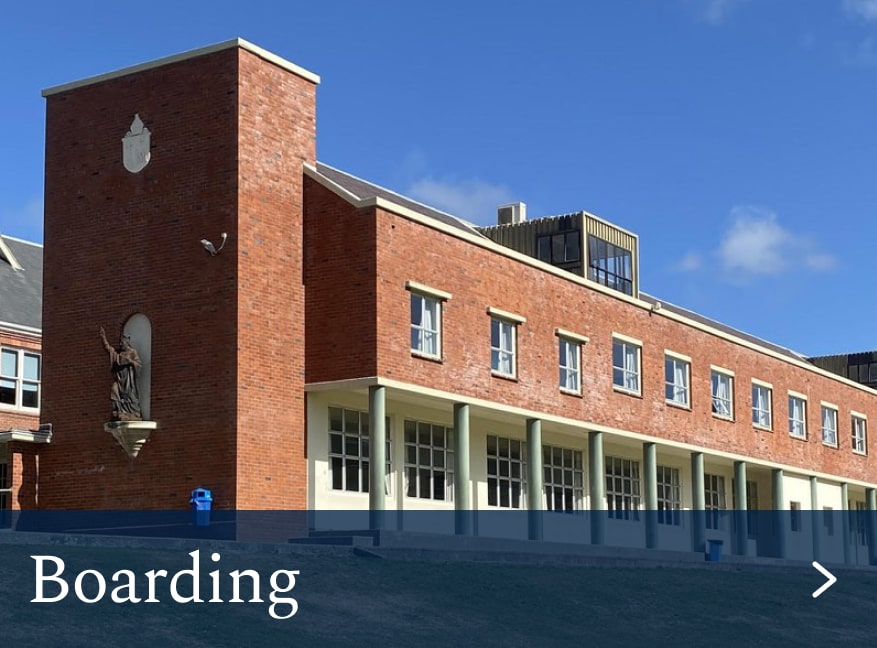



 Admin Login
Admin Login